Half of LGBT millennial adults haven’t come out
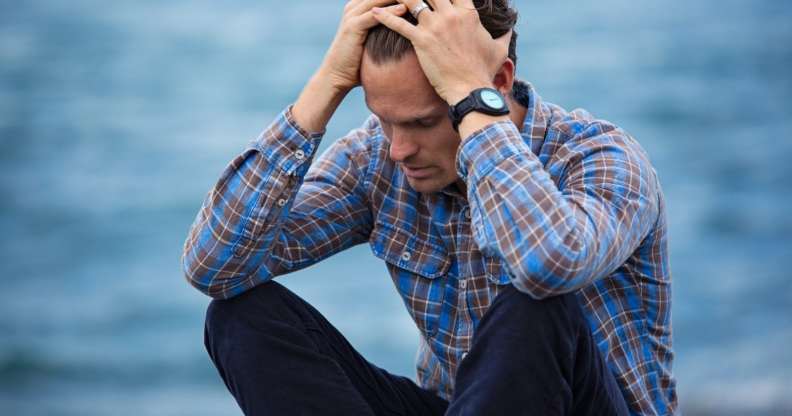
69 percent of queer people who have suffered a hate crime have also experienced depression (Pexels)
Half of LGBT millennial adults haven’t come out yet, according to new research.
The Australian survey, conducted by ABC, has been released just weeks after another study showed that nearly half of LGBT+ employees in the US hide their sexuality at their place of employment.
In total, 47 percent of queer 18-to-29-year-olds in Australia have come out to themselves – but not to anyone else.
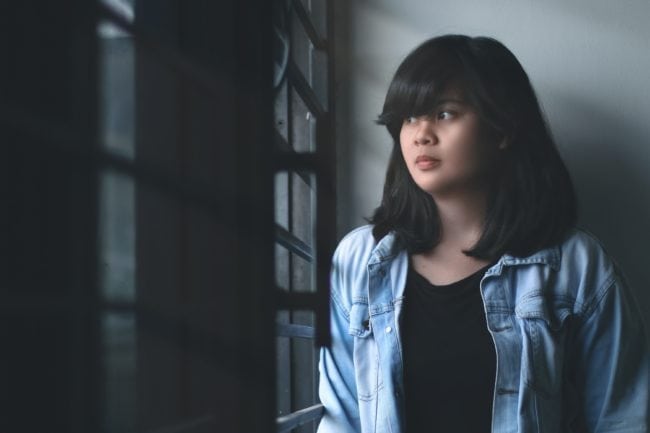
47 percent of queer 18-to-29-year-olds in Australia have come out to themselves – but not to anyone else (Pexels)
The atmosphere around the country’s LGBT community was negatively affected by the same-sex marriage postal vote last year, which gave rise to poisonous anti-gay rhetoric despite the eventual victory for equality.
Actress and campaigner Magda Szubanski said that some LGBT people “did not survive” the vote and therefore did not live to see the Parliament legalising same-sex marriage in December.
Young bisexual men are the least likely to come out publicly, with gay men and lesbians twice as likely to take the often terrifying step.
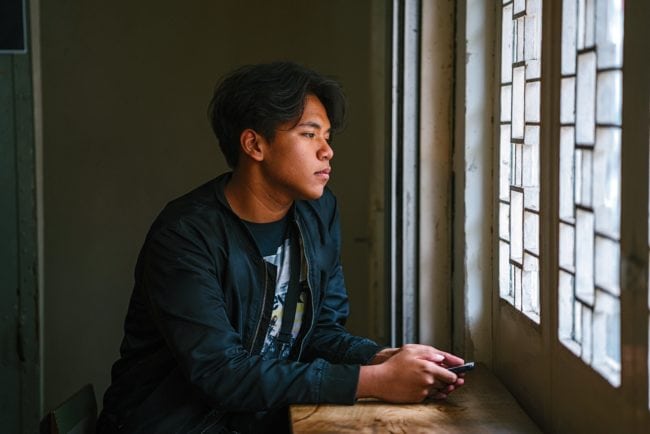
Young bisexual men are the least likely to come out publicly (Pexels)
Julia Taylor from the Australian Research Centre in Sex, Health and Society told Hack that “there are particular protective factors for gay and lesbian people that bisexual people aren’t privy to.
“If gay and lesbian people come out and things don’t go so well for them… they do have a big vocal community to find support and that’s something bisexual people don’t have.”
She explained: “More and more so bisexual women are depicted in television and literature… although it’s still minimal.
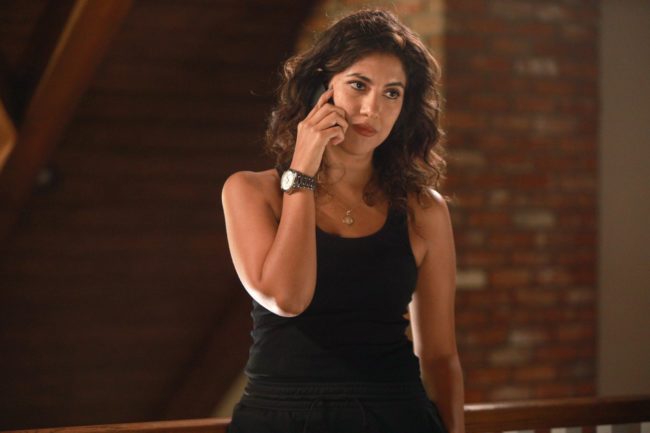
Rosa Diaz came out last year on Brooklyn Nine-Nine (Fox)
“But for bisexual men it’s completely invisible… there’s a lack of role models.”
There has been a wave of new bisexual characters being depicted on TV over the past year or two – for instance in Jane the Virgin, Riverdale, Brooklyn Nine-Nine and The Crown – but the majority are still bi women.
Taylor said: “When you’re deciding something as difficult and personal as coming out, looking up to people who have lived through it is a really important thing… and when there’s no role models for bisexual men that’s a real hindrance to the coming out journey.”
For Sam (not his real name), writing that he was bi on the survey was the first time he’d told anyone about his sexuality.
He said: “In the media, bisexuality is portrayed in women as quite a cool thing… but I think for men it detracts from their masculinity.
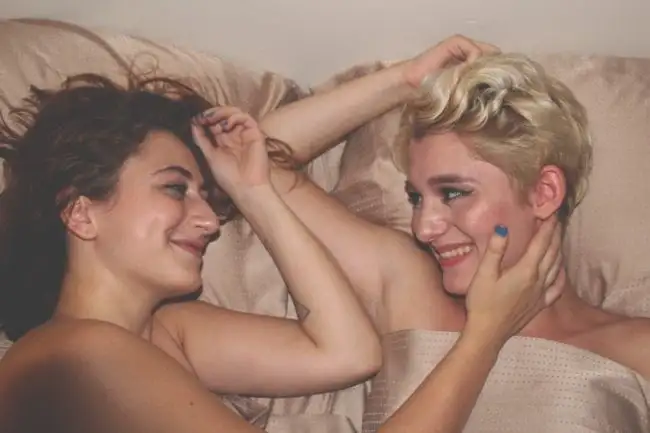
Women are twice as likely to come out as queer (Pexels)
“I think that if you’re a guy who is interested in other guys that somehow makes you less of your gender. It’s really stupid when you start to fathom it.”
And after filling in the survey, he said he took the plunge and came out to his parents.
“I had a phone call with my mum and dad yesterday talking about this interview and it went okay… I came out to them then,” revealed Sam.
He said that it was still common for him to hear hateful, anti-gay language.
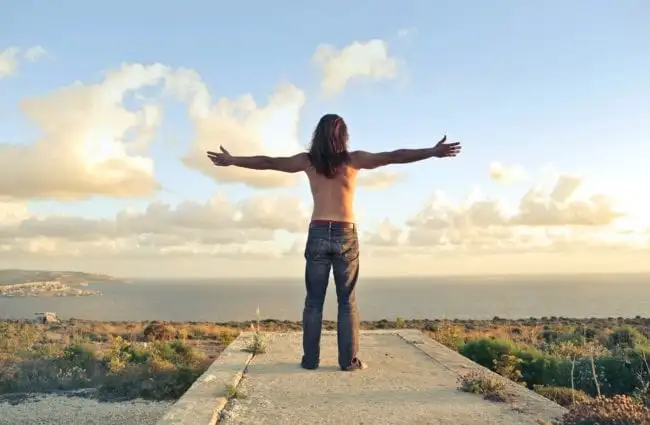
“I have really open and appreciative friends who I haven’t talked to about this yet, but I know they’ll be there to help me” (Pexels)
“There’s such a correlation about saying ‘that’s gay’ and ‘that’s awful’… stop the little stuff like that,” he said.
“Every time you choose to say that, someone around you might be burying themselves deeper away from who they want to be.
“I have really open and appreciative friends who I haven’t talked to about this yet, but I know they’ll be there to help me and talk to me about what I’m going through.”

